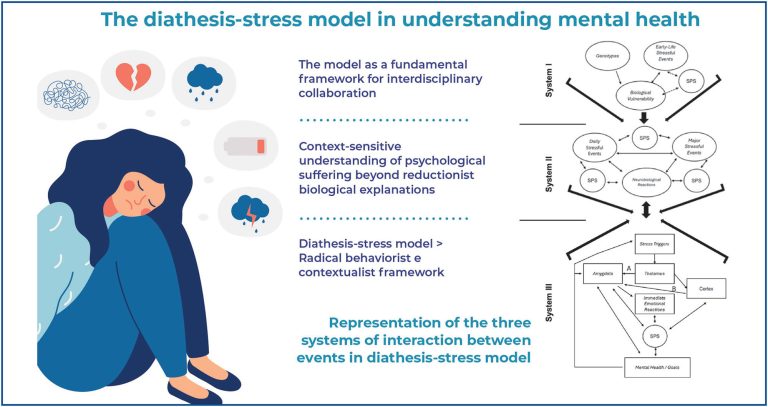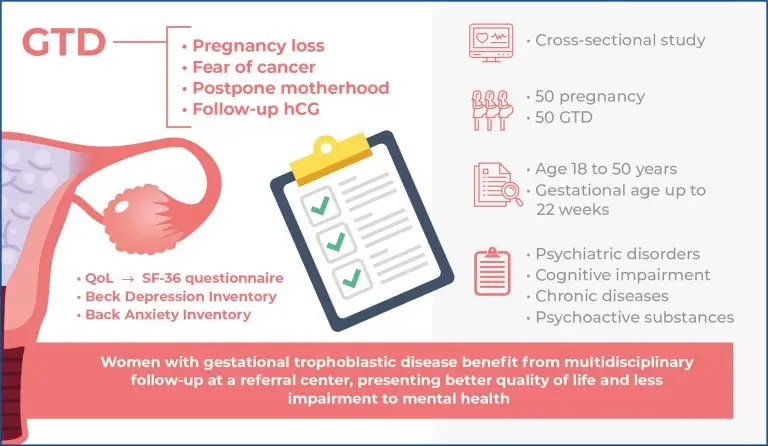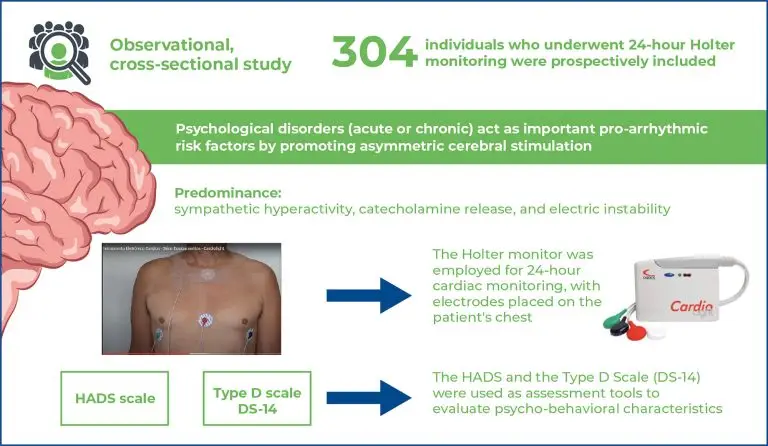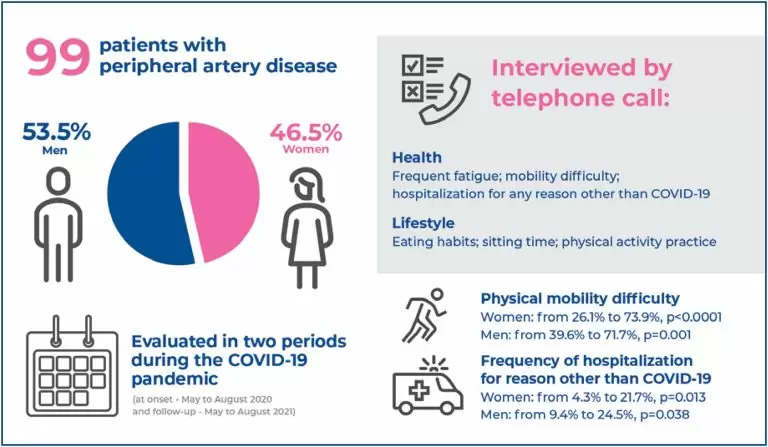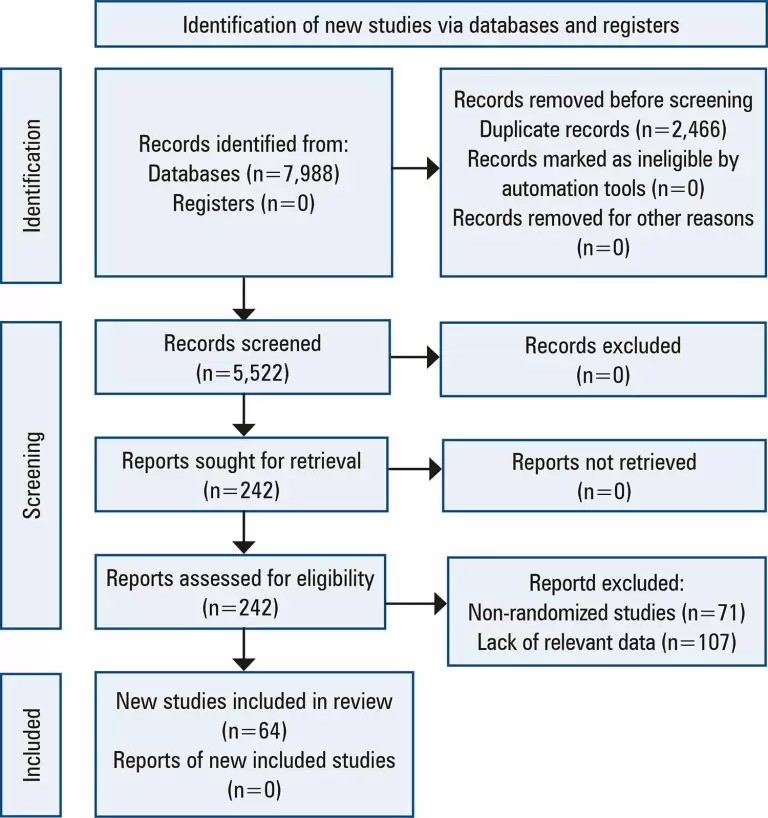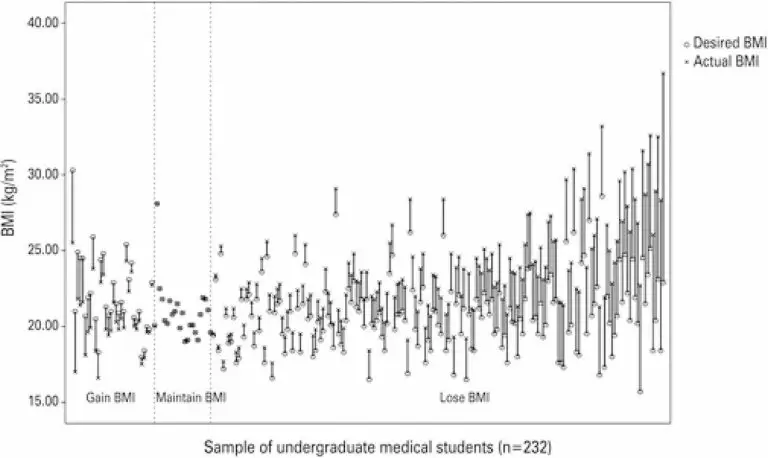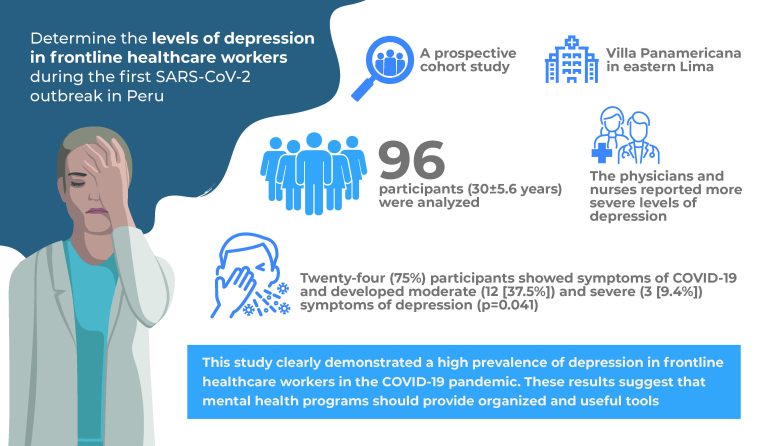17/Dec/2025
The ontology of mental health disorders: embracing the diathesis-stress model
DOI: 10.31744/einstein_journal/2026AE1796
Highlights ■ This paper proposes a contextual and non-reductionist ontology of mental health disorders. ■ It reframes the diathesis-stress model through radical behaviorism and functional contextualism. ■ It emphasizes dynamic interactions between vulnerabilities and environmental stressors. ■ It guides clinical practice toward integrative, personalized, and system-sensitive interventions. ABSTRACT This conceptual article examines the ontological and epistemological foundations of mental health disorders through the lens of the diathesis-stress model. It seeks to articulate how this model contributes to a more comprehensive […]
Keywords: Behaviorism; Contextualism; Diathesis-stress model; Mental disorders; Mental Health; Stress vulnerability
22/Apr/2025
Psychological impact of gestational trophoblastic disease: a cross-sectional study
einstein (São Paulo). 22/Apr/2025;23:eAO1014.
View Article22/Apr/2025
Psychological impact of gestational trophoblastic disease: a cross-sectional study
DOI: 10.31744/einstein_journal/2025AO1014
Highlights ■ Gestational trophoblastic disease should be followed up at a referral center. ■ Adequate follow-up improves quality of life for affected women. ■ Multidisciplinary monitoring reduces anxiety and depression in women. ABSTRACT Objective: To evaluate the psychological repercussions of gestational trophoblastic disease. Methods: A cross-sectional study including 100 women (50 with gestational trophoblastic disease and 50 without) was conducted between September 2020 and October 2021. Socio-demographic characteristics, quality of life, depression, and anxiety were evaluated and follow-up was performed […]
Keywords: Anxiety; Depression; Gestational trophoblastic disease; Mental Health; Quality of life; Surveys and questionnaires
14/Mar/2025
Is self-perception of cardiac symptoms related to the psychological profile of patients? A cross-sectional study of individuals undergoing 24-hour Holter monitoring
einstein (São Paulo). 14/Mar/2025;23:eAO0742.
View Article14/Mar/2025
Is self-perception of cardiac symptoms related to the psychological profile of patients? A cross-sectional study of individuals undergoing 24-hour Holter monitoring
DOI: 10.31744/einstein_journal/2025AO0742
Highlights ■ Self-reported cardiac symptoms not associated with arrhythmias. ■ High prevalence of anxiety and depression symptoms. ■ Anxiety was correlated with self-reported cardiac symptoms. ABSTRACT Objective: This study aimed to examine the presence of psychological characteristics and their association with self-reported cardiac symptoms in individuals undergoing 24- hour Holter monitoring. Methods: This observational cross-sectional study included 304 individuals who consecutively underwent 24-hour Holter monitoring. Clinical, demographic, and electrocardiographic data were collected. Psycho-behavioral characteristics were assessed using the Hospital Anxiety […]
Keywords: Anxiety; Arrhythmias, Cardiac; Electrocardiography; Electrocardiography, ambulatory; Heart diseases; Holtermonitoring; Mental Health; Monitoring, physiologic
22/Feb/2024
Health and lifestyle parameters in peripheral artery disease at two periods of the COVID-19 pandemic: comparison between men and women
einstein (São Paulo). 22/Feb/2024;22:eAO0345.
View Article22/Feb/2024
Health and lifestyle parameters in peripheral artery disease at two periods of the COVID-19 pandemic: comparison between men and women
DOI: 10.31744/einstein_journal/2024AO0345
Highlights Sitting time increased in 73.9% of women and 84.9% of men at the onset of the pandemic. Physical activity was practiced by 23.9% of women and 39.6% of men at the onset of the pandemic. The prevalence of both women and men reporting physical mobility difficulties increased at follow-up. Hospitalization rates for reasons unrelated to COVID-19 have increased in both women and men. ABSTRACT Objective: This study analyzed the impact of sex on self-reported health and lifestyle parameters in […]
Keywords: Coronavirus infections; COVID-19; Exercise; Intermittent claudication; Life style; Mental Health; Pandemics; Peripheral arterial disease; Sex characteristics; Social isolation
31/Jul/2023
The effects of gratitude interventions: a systematic review and meta-analysis
DOI: 10.31744/einstein_journal/2023RW0371
ABSTRACT Introduction Gratitude has several implications. Over time, a logical relationship has been established between gratitude and well-being. In addition, researchers aimed to establish associations between gratitude and other factors of positive feelings using scientific methods. We conducted a systematic review and meta-analysis of interventions to develop gratitude and its benefits to human beings. Objective This study aimed to evaluate and quantify the available scientific evidence on interventions to acquire knowledge on gratitude as a quantifiable causal factor of benefit […]
Keywords: Anxiety; Delivery of health care; Depression; Emotions; Gratitude; Health facilities; Mental Health; Narration; Personnel satisfaction
28/Apr/2022
Body dissatisfaction among undergraduate medical students in the city of Juiz de Fora, Minas Gerais, Brazil
DOI: 10.31744/einstein_journal/2022AO6648
ABSTRACT Objective To assess the level of body dissatisfaction among undergraduate medical students in the city of Juiz de Fora, Minas Gerais, Brazil. Methods A cross-sectional study with 232 volunteers of both sexes at a private college. The Body Shape Questionnaire was used, which is a tool based on the sum of values that allow classifying body dissatisfaction according to the following scores: less than 111, if absence of body dissatisfaction; between 111 and 138, if mild body dissatisfaction; between […]
Keywords: Body image; Feeding and eating disorders; Mental Health; Nutritional status; Students, medical
13/Apr/2022
Depression in healthcare workers from the COVID-19 Care and Isolation Center – Villa Panamericana: a single-center prospective study in Peru
einstein (São Paulo). 13/Apr/2022;20:eAO6707.
View Article13/Apr/2022
Depression in healthcare workers from the COVID-19 Care and Isolation Center – Villa Panamericana: a single-center prospective study in Peru
DOI: 10.31744/einstein_journal/2022AO6707
ABSTRACT Objective Depression is a mental problem that affects the well-being of healthcare workers, impacting the quality of care and even leading to commit suicide. We aim to the levels of depression in frontline healthcare workers during the first severe acute respiratory syndrome coronavirus 2 (SARS-CoV-2) outbreak in Peru. Methods A prospective cohort study was designed in the coronavirus disease 2019 (COVID-19) Care and Isolation Center – Villa Panamericana in eastern Lima. Care and Isolation Center-Villa Panamericana houses about 150 […]
Keywords: Betacoronavirus; Coronavirus infections; COVID-19; Depression; Health personnel; Mental Health; Peru; SARS-CoV-2


